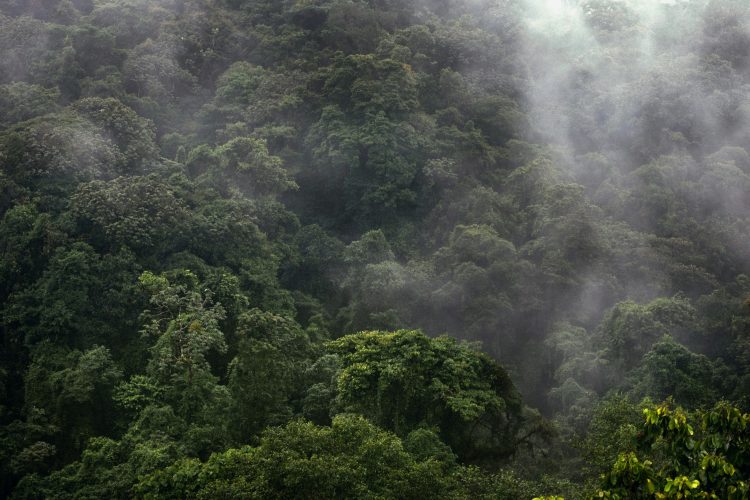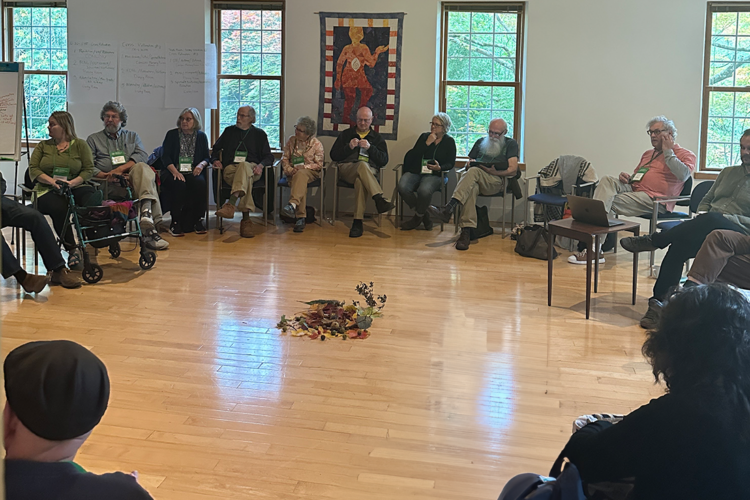Big Changes @ the UN

I have never seen the like, not at the UN! The countries are taking seriously the threats human activity has brought to Earth’s ability to host us and other species. They get it! Best of all, they get that it is really one problem of stunning complexity. The word nexus (meaning “interactive connections within a complex system”) was in frequent use, and the phrases silo thinking and sectoral approach–in which, say, the agricultural, water, and financial sectors are considered separately–were disparaged.
The occasion was the 3rd meeting of the Open Working Group (OWG) on Sustainable Development Goals (SDGs), May 29-31, and the reason the delegates’ shared understanding was apparent is that they were in learning and discussing mode, and not yet negotiating. If bad decisions are made later, they will be made with awareness, with nations ignoring input from their own delegates.
Here is some context for this meeting. World human population is expected to reach nine billion by 2050. The UN is reorganizing to meet global challenges by developing a “Post 2015 Agenda.” UNEP has been upgraded and there is talk about reorganizing ECOSOC. In 2015, the second phase of the Kyoto Protocol and the Millennium Development Goals (MDGs) will both end.
The Commission on Sustainable Development (CSD), which I have been attending for 13 years, has been scrapped, to be replaced by a High Level Political Forum (HLPF). An OWG is struggling with the HLPF’s composition, frequency of meetings and how it will connect to the rest of the UN system. It’s not clear how civil society (that’s us) will be allowed to interact with the HLPF. When I was present, the co-chairs of the OWG gave verbal assurance that we will have at least as much opportunity to engage as we did in the CSD, but what will happen remains to be seen. I’m following the efforts of several civil society meta-groups that are trying to hold onto and expand opportunities for us to be heard within (and outside of) the UN system.
The SDG OWG session I’m reporting on here addressed food security and nutrition; desertification, sustainable agriculture, land degradation and drought; and water. This list of separately clustered topics obscures the hopeful way everything was discussed as part of everything else. A delegate from the Netherlands remarked, “We have come a very long way in 15 years! I was there in 2000 when the MDGs were being formed,” she said, “and we were only talking about drinking water.” Now the following issues are all part of the water discussion: agriculture, irrigation methods, industrial use, pricing, indirect subsidies, “virtual water” (for example, fruit grown in Africa for export to Europe), changing patterns of precipitation, floods, drought, inter-boundary water bodies, sanitation, and more.
The following ideas appeared to be widely accepted:
- We need to live within planetary limits.
- The SDGs should have an inclusive, rights-based approach with wide participation.
- Food security includes good nutrition, not just tonnage.
- The empowerment of women is correlated with improved nutrition, higher yield per acre, social cohesion, and better health overall.
- The concept of “resilience” should be implicit in every goal.
- Changes in agricultural methods should be science-based and also include local knowledge.
- We should aim for zero-balance land degradation; soil regeneration is a high priority.
- Food price volatility is disastrous; speculation should be eliminated or tightly regulated.
This meeting was a three-day emotional rollercoaster ride for me. They used a format of having expert panelists speak, followed by a question-and-answer period, so the delegates were not directly addressing each other. The panelists together said everything I hoped for, so delegates’ questions were well informed, letting us know what they would bring back to their capitals. I truly felt hopeful! I know, however, that there appeared to be a similarly sophisticated understanding at the Rio Earth Summit in 1992, after which peoples’ high hopes were dashed. Much actual power is held by transnational corporations and the finance industry, and they were not participants in this dialogue. Not that they won’t hear about it, but their interests and values are mostly incongruent with the interests and values in the room and they may not take in what was said.
Delegates asked the co-chairs to draw up a summary of what seemed to be commonly accepted ideas. You can read the co-chairs’ one-page bullet point summary here: http://sustainabledevelopment.un.org/content/documents/1825bullet3.pdf. Immediately the US and several other states made a big point of insisting that nothing has yet been negotiated. Any conclusions about agreement would be premature. Nation-states will study every detail and firm up the positions that we will see when it’s time to negotiate.
Sometimes I wish the delegates could actually make decisions, but they can only report back to their capitals and try to be persuasive with superiors who were not present to take in the information and hear what others said. No matter what we end up with, putting it in place and getting compliance will be a major challenge because the UN has no way of compelling any member states to do, or not do, anything. Our work here in our own countries is crucially important. We should be about whatever we can do to create receptivity at home to these encouraging messages from the UN.
I have 22 tightly written pages of notes and would be happy to discuss any questions that arise from reading this report. Contact me at: mary@gilbertwhite.com.
ACRONYMS
- ECOSOC–The UN Economic and Social Council, to which we are recently accredited: http://en.wikipedia.org/wiki/United_Nations_Economic_and_Social_Council
- CSD–The now defunct Commission on Sustainable Development HLPF–High Level Political Forum which is replacing the CSD
- MDGs–Millennial Development Goals–a 15-year program to address specific problems in poor countries: http://en.wikipedia.org/wiki/Millennium_Development_Goals
- OWG–Open Working Group. Nations participate, civil society may observe.
- SDGs–Sustainable Development Goals–Comprehensive global goals to be ready by 2015
- UNEP–UN Environmental Programme, based in Nairobi, to which QEW is accredited.

